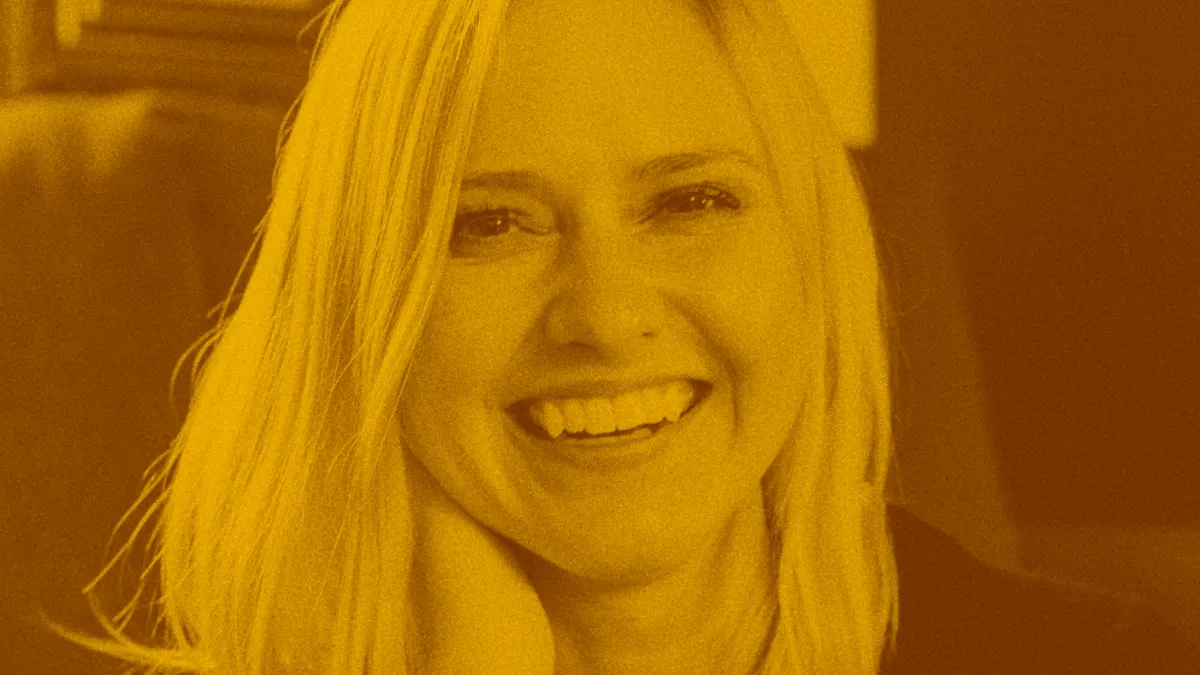Episode 137 of The Informed Life podcast features an interview with user research consultant, instructor, author, and speaker Nikki Anderson. Our conversation focused on her new book, Impact, which, as the title suggests, is about how researchers can have greater impact in their organizations.
Nikki noted that user research is a relatively new field with little standardization. There are many paths into the discipline. As a result, practitioners can often feel isolated – like they’re practicing on their own.
Impact fills the gap by sharing insights from Nikki’s practice. Among these is a research framework that serves as a foundation to impactful research – i.e., research that helps the organization achieve particular objectives. As Nikki put it,
… frameworks are foundations. So, if you go to build a house and you don’t lay a foundation, bad things might happen to your house. It might rain, and you might discover that you’ve built your house on mud and dirt that just turns into mud, and suddenly you don’t have a house anymore.
So, if we go in, and this is what I was talking about before, when we run into an organization and just start doing research without setting up that foundation, we might find that we’re on really shaky ground, right? We might find that we’ve done the wrong research, or we might find that people, in fact, don’t care about research or don’t know enough about research so that when we go to present something, they don’t actually understand what we’re saying, right?
The challenge is jumping into the research work without having the process through at a high level. As practitioners, we want to jump right into the problem so we can “prove our value” – do the research, draw the wireframes, create ‘deliverables,’ etc.
But these won’t actually be of much value if they don’t help the organization make progress with the things that really matter. And this is why it’s so important to start with goals. It’s a challenge Nikki had to overcome in her own practice:
when it came down to trying to figure out what information should be in the deliverables or what activities I should be doing, or how I should be running a research project and who I should be talking to, I was at a loss because it’s the same thing I ran forward without thinking about the basis of what I was trying to accomplish and why I was trying to accomplish it. And so, for me, goals give you all of that direction, right? If you sit down and define your goals for whatever it is you’re doing, you will have so many fewer of those moments in which you question what’s next or in which you’re lacking direction or structure.
The good news is that user researchers are well-positioned to define the goals of a research project. All they need to do is get the information from stakeholders. The process of doing so is not much different from the process of interviewing users.
If you’re a user researcher – or a UX designer of any stripe — this conversation will give you tips on how to be more effective and impactful in your organization. Check it out!
The Informed Life episode 137: Nikki Anderson on Research Impact
Amazon links on this page are affiliate links. I get a small commission if you make a purchase after following these links.
